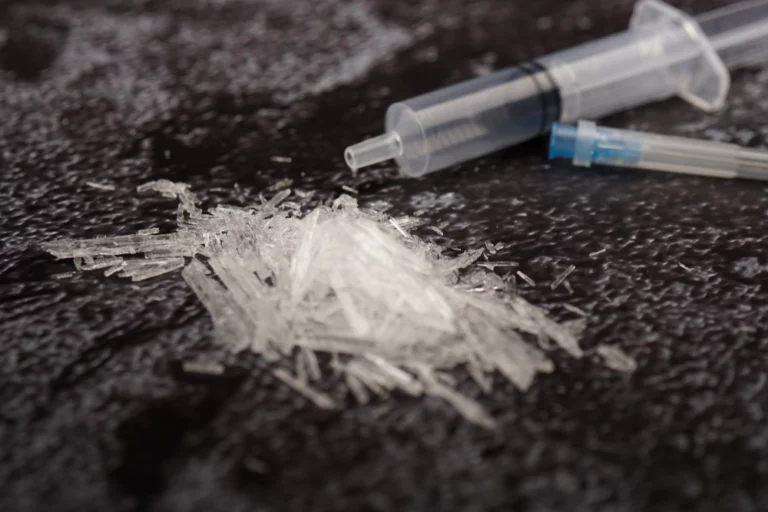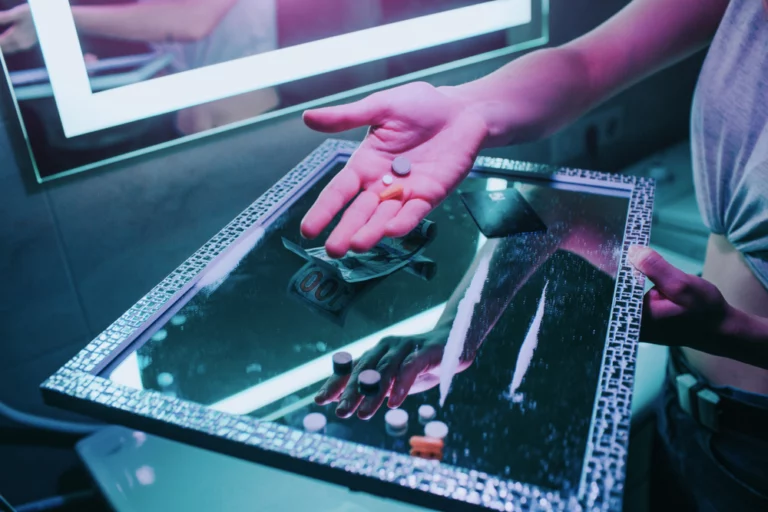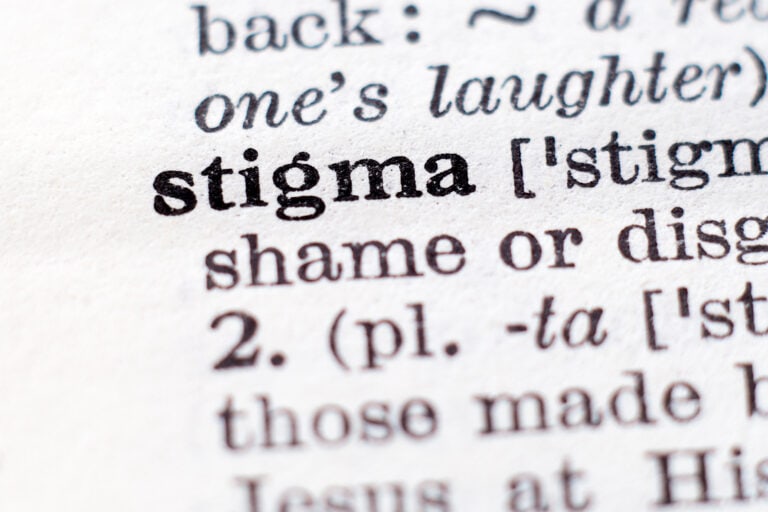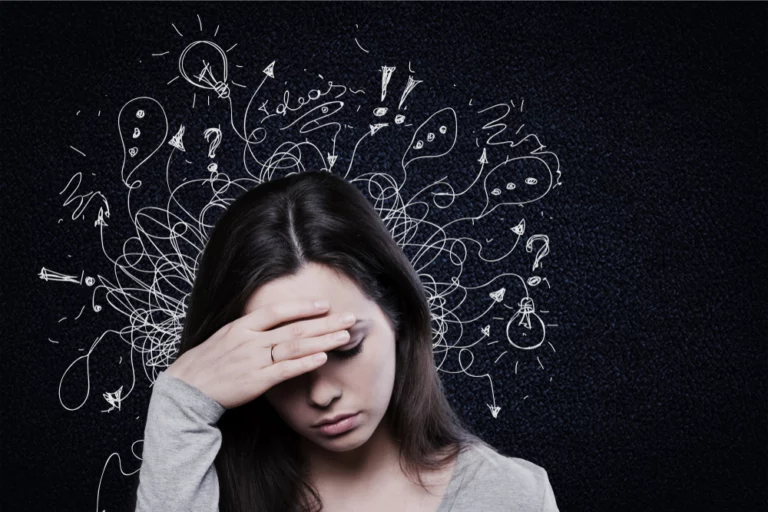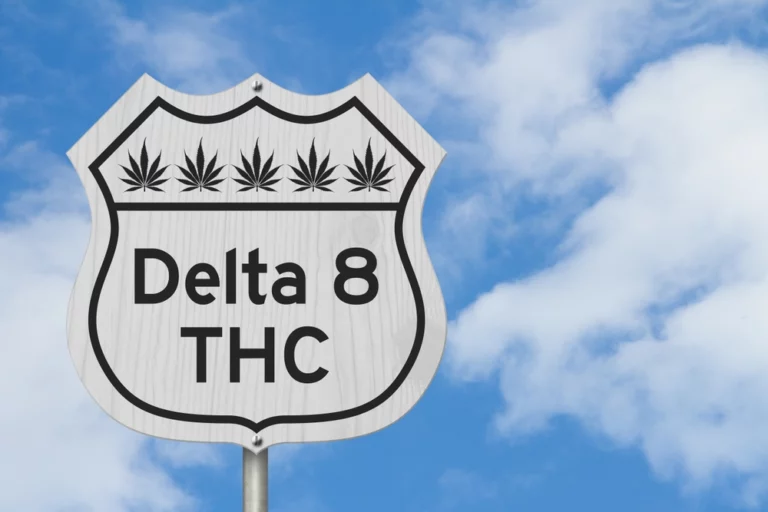What is a habit? What is addiction? Is a habit the same as an addiction?
The line between habit and addiction can look blurry. Sometimes, habitual and addictive behaviors may even seem to overlap. Navigating the habit vs. addiction conundrum and understanding what differentiates one from the other is critical to make better decisions and paving the path for your overall well-being.
What is a Habit?
In short, a habit is a consistent behavior or routine that is difficult to let go of. The longer the behavior continues, the stronger the habit gets. Behaviors such as having your morning coffee, brushing your teeth, and more are some of the best examples of habit.
Good or bad – engaging with certain behaviors over and over makes them “almost impossible” to shake off. Unfortunately, negative habits are often easier to cultivate than positive ones.
Why? Because comfort is often the “food” that nourishes a negative habit. On the other hand, positive habits demand your constant awareness and require you to step out of your comfort zone.
When performed consistently over a period of time, you eventually end up forming an unconscious habit. According to Charles Duhigg, author and New York Times reporter, “About 40% to 50% of what we do every day sort of feels like a decision, but it’s actually habit.”

How Does a Habit Form?
It can take around 18 to 254 days to form a habit. The 3-part cycle of habit involves:
- Cue. Also understood as “the trigger,” could be an emotional state of mind like feeling lethargic or nervous. A cue could also be linked with an activity like heading to a movie theatre or eating outside.
- Behavior. Eventually leads to habit formation. If the cue is “feeling nervous,” the behavior could be nail biting.
- Reward. could be the gratification stemming from certain behaviors.
Cue, behavior, and reward form a habit loop that makes it difficult to escape from it. Run the loop repetitively, and you have an unconscious habit.
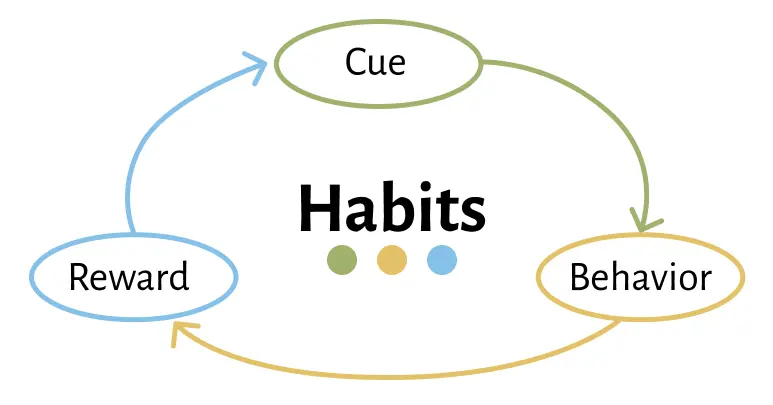
What is Addiction?
What is addiction? Compared to habits, addictions can be extremely powerful. According to the American Psychiatric Association, “People with addiction (severe substance use disorder) have an intense focus on using a certain substance(s), such as alcohol or drugs, to the point that it takes over their life.” Addiction causes people to experience altered brain functions. Those with addictive qualities may be aware of their mental health condition but continue to engage in harmful and risky behaviors.
It’s important to note that addictions aren’t just linked to substances. Researchers at the International Journal of Preventive Medicine stated that “behaviorally addicted individuals have certain symptoms and will undergo the same consequences brought about by addiction to alcohol and drugs as well as other obsessive behaviors.”
Read next: 8 Ways to Rebuild Your Life After Addiction
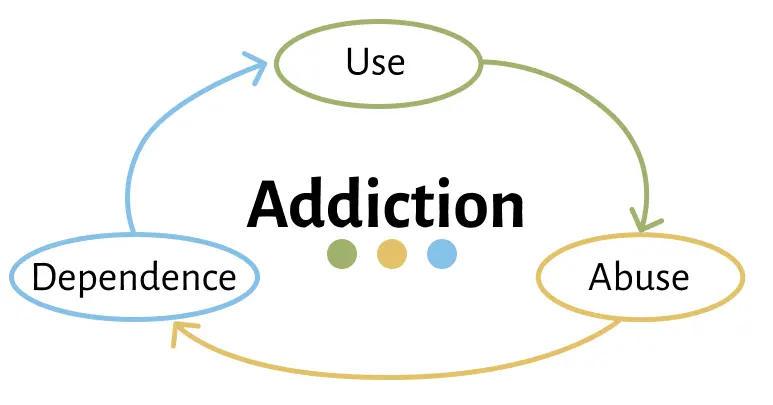
How Does Addiction Form?
Addictions are formed when an individual engages in certain behaviors or uses any substance over and over. This jeopardizes the reward system of their brains. Some of the most addictive substances include alcohol, nicotine, marijuana, caffeine, eating, porn, heroin, opioids, cocaine, gambling, hallucinogens, sedatives, meth, and more.
The National Institute on Drug Abuse states, “Surges of dopamine in the reward circuit cause the reinforcement of pleasurable but unhealthy behaviors like taking drugs, leading people to repeat the behavior again and again.”
Alcohol and drugs tend to either boost or decrease important brain chemicals. The result is often increased pleasure, euphoria, or a momentary reduction in anxiety or stress. Substance use can also produce immediate results. This makes the brain crave more as it begins to give up long-term rewards and chase the loop of quick rewards.
The Difference Between Habit and Addiction
Habit vs. addiction: what are the exact differences?
Both habits and addictions require continual behavior. But habits are often created unconsciously. Whereas addiction requires conscious action during the initial stages. Habits leave an impact on new neural pathways, whereas addictions stem from an alteration of chemicals that naturally occur in the brain. With addiction, your dependence and tolerance of a substance (or behavior) increase. But the same doesn’t hold true for habits.
Shaking a habit off typically requires willpower and an awareness of the repetitive behavior. Breaking an addiction, on the other hand, is accompanied by visiting rehabs and other types of help to keep cravings at triggers at bay. Habits may be healthy or unhealthy. But addictions can cause permanent damage to the brain. Serious addiction even causes trauma and death.

Contact Knoxville Recovery Center
Differentiating habits from addictions is critical to keep yourself shielded from misguidance and miscommunication. If you or a loved one is struggling with addiction, we’re here to become your partner in recovery.
Licensed by the State of Tennessee and accredited by The Joint Commission, Knoxville Recovery Center is a healing hub for those coping with substance addiction. We don’t believe in offering a one-size-fits-all solution. Instead, we craft tailor-made treatment programs to target the root cause of your addiction and pave a solid path toward your lasting well-being.



